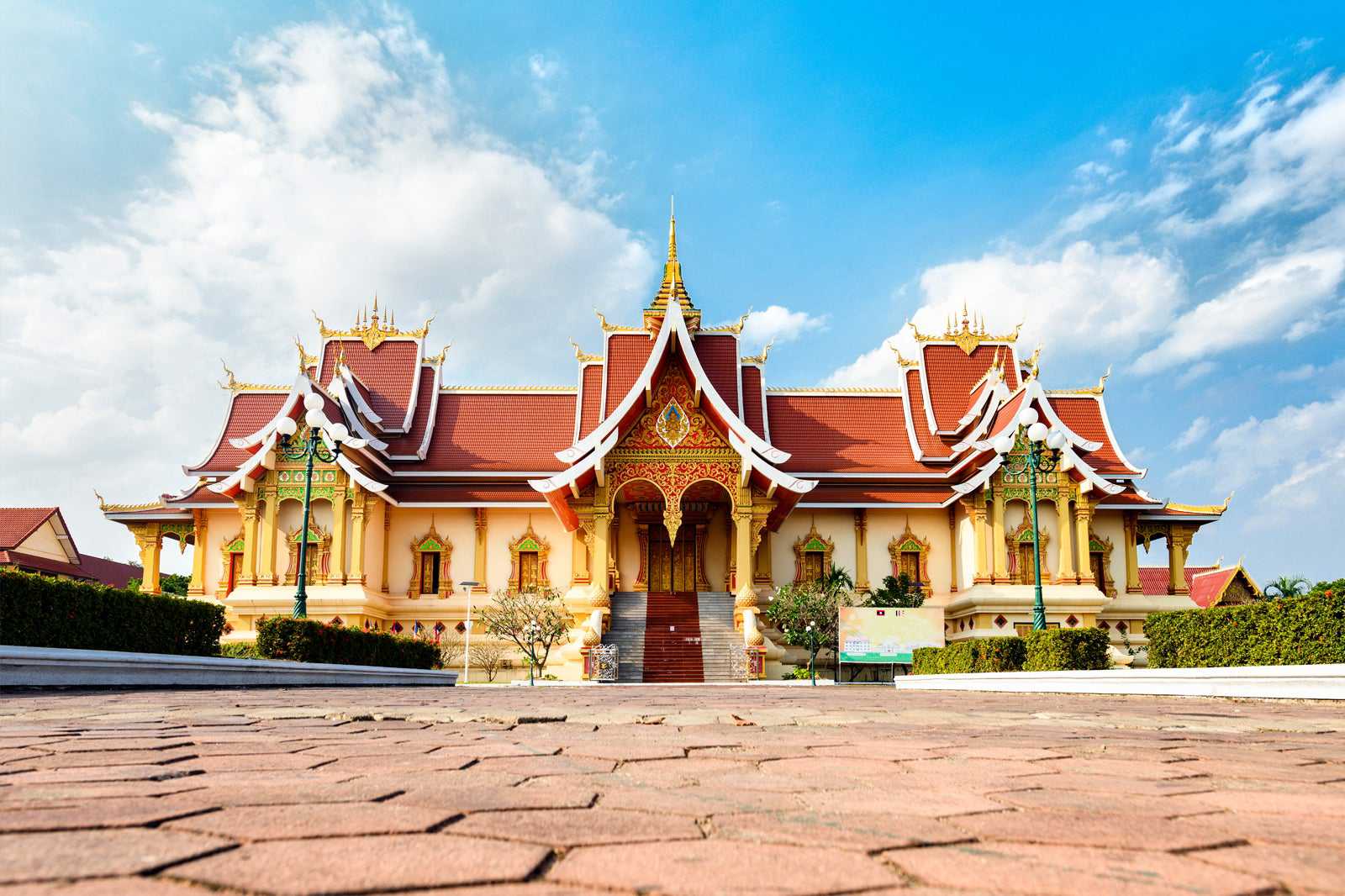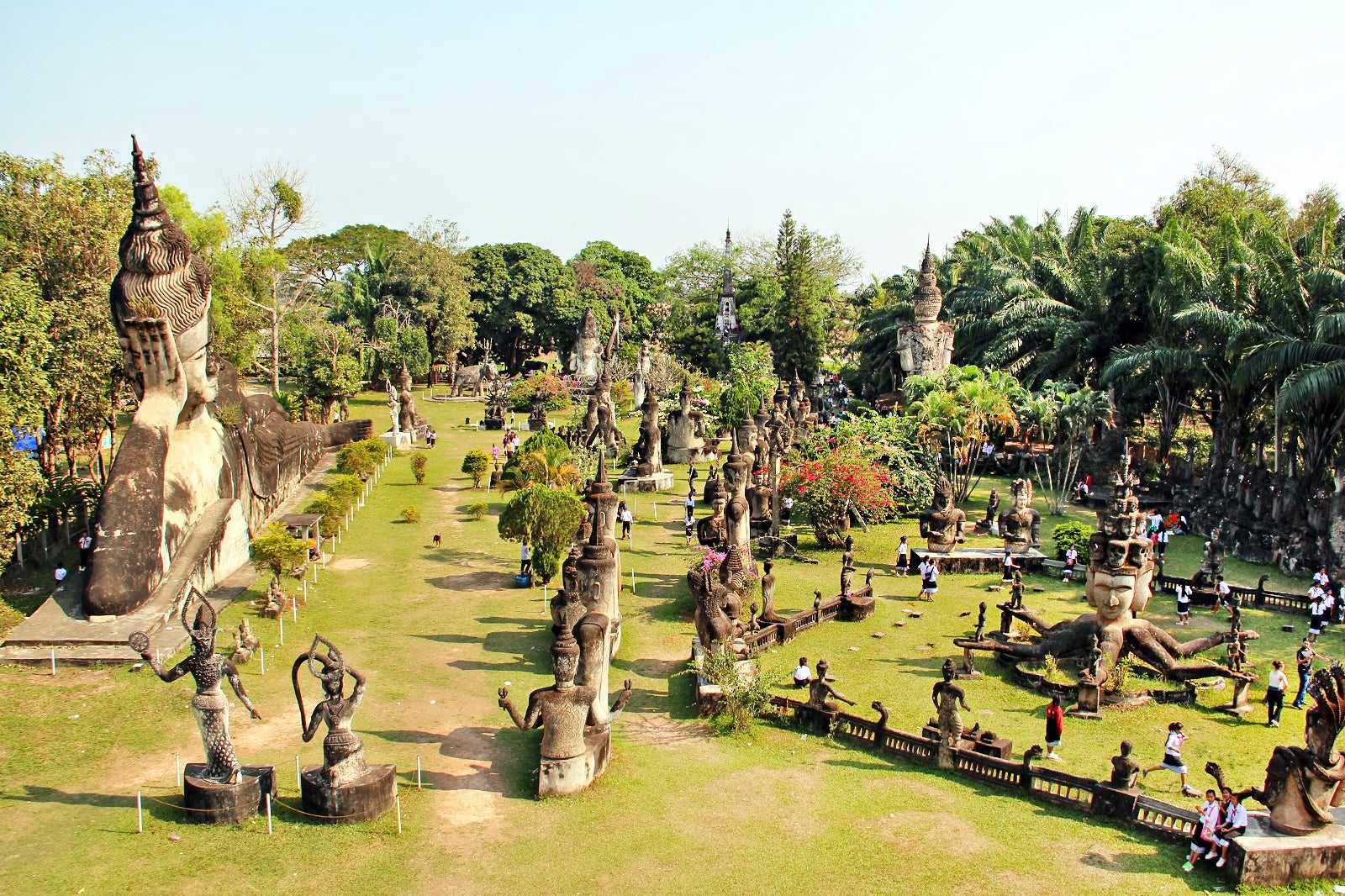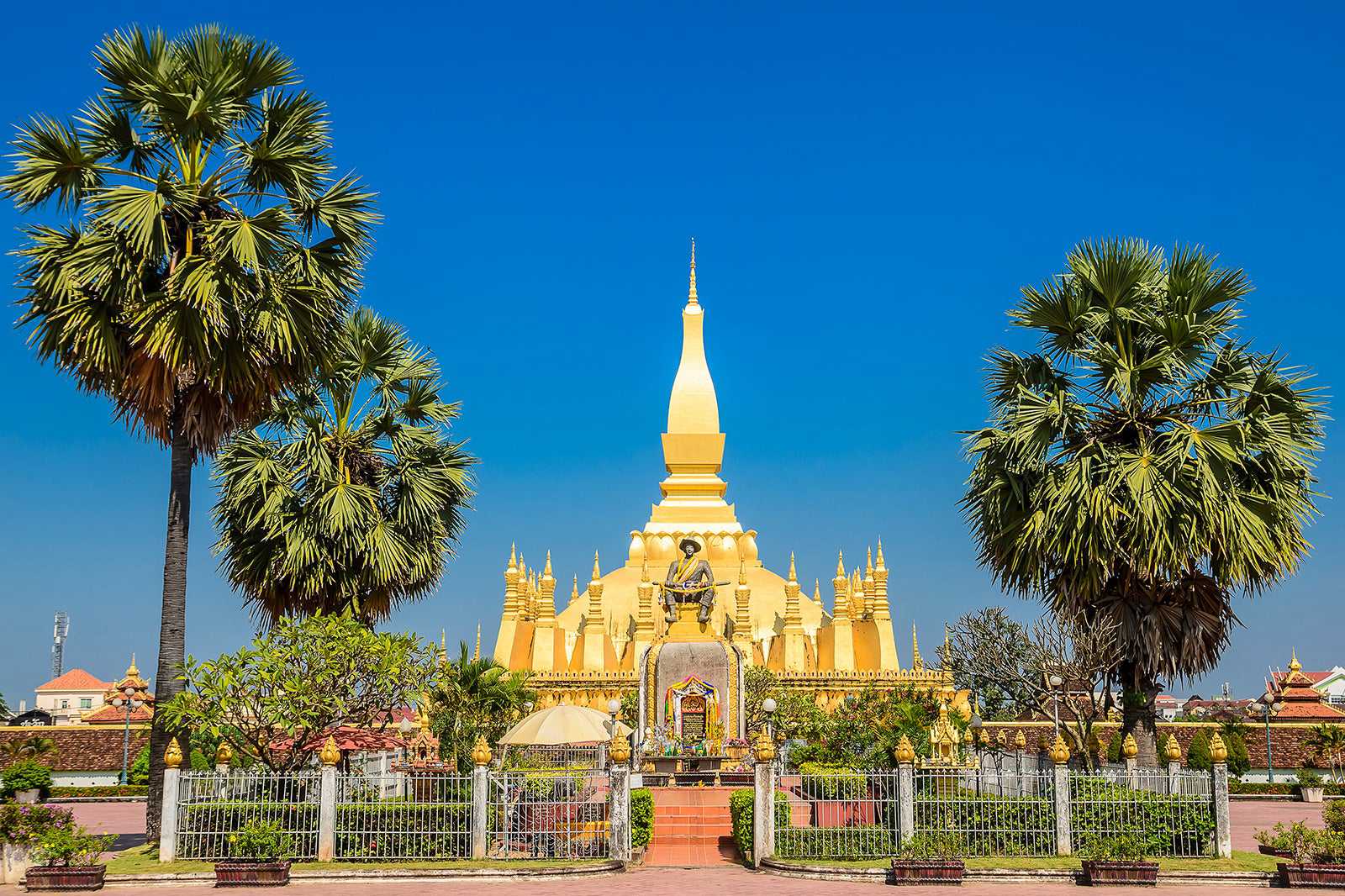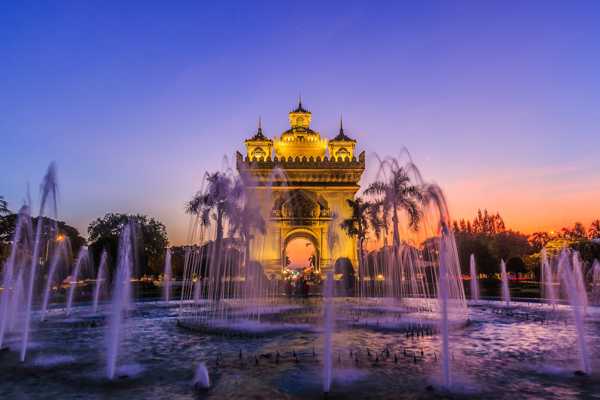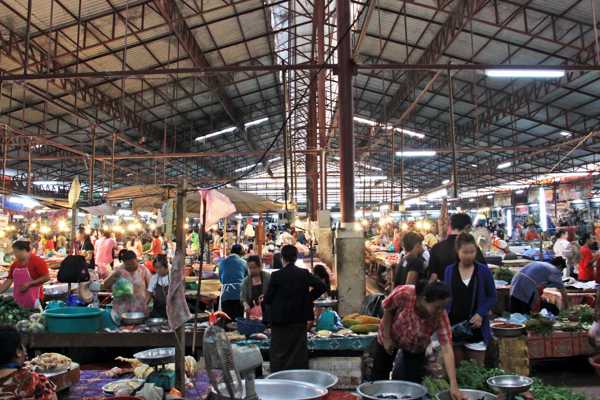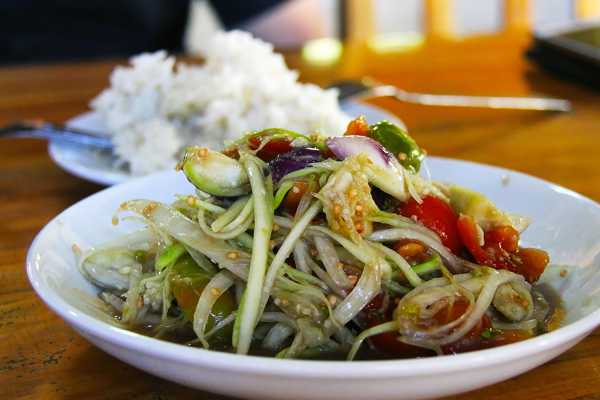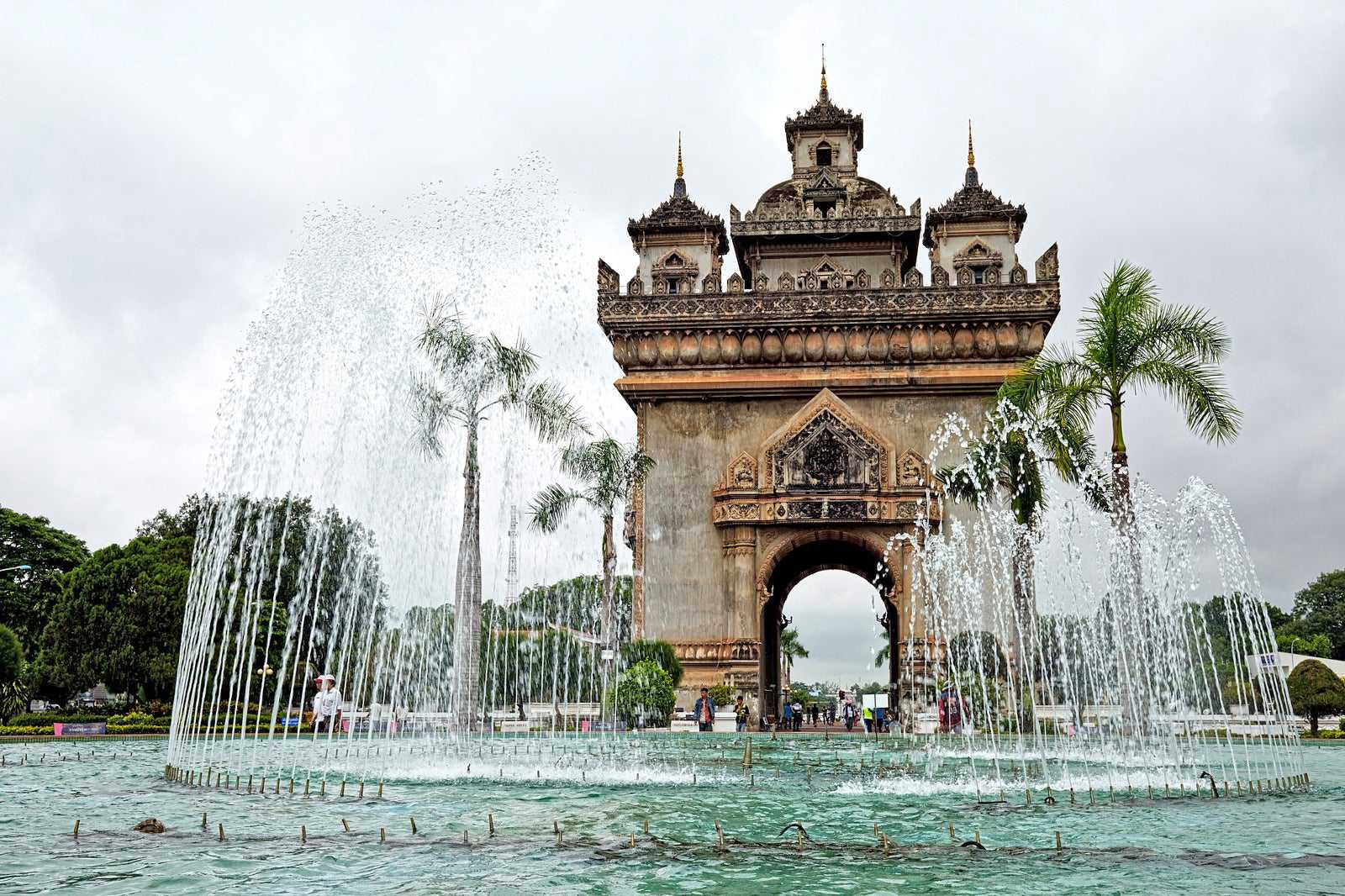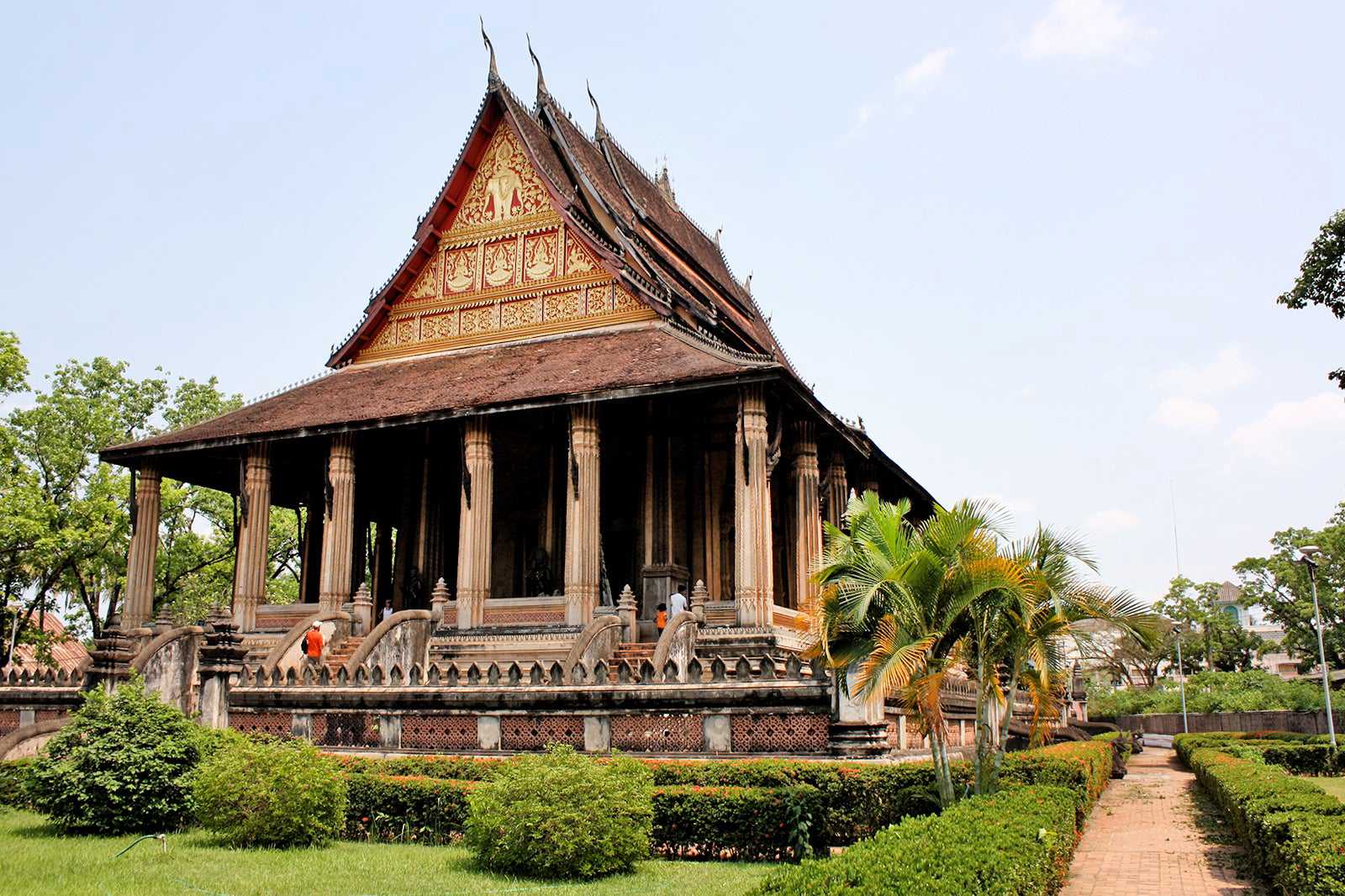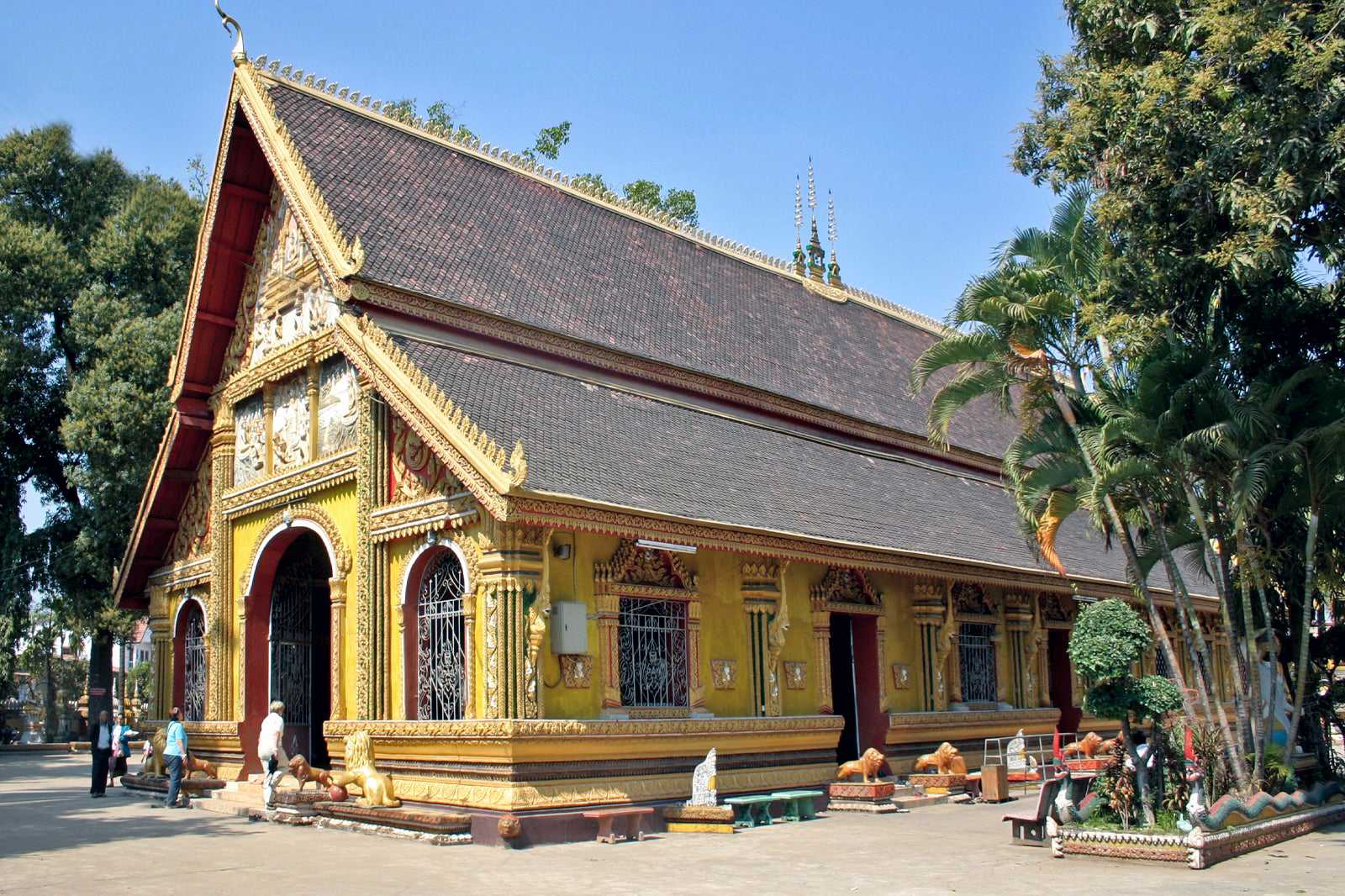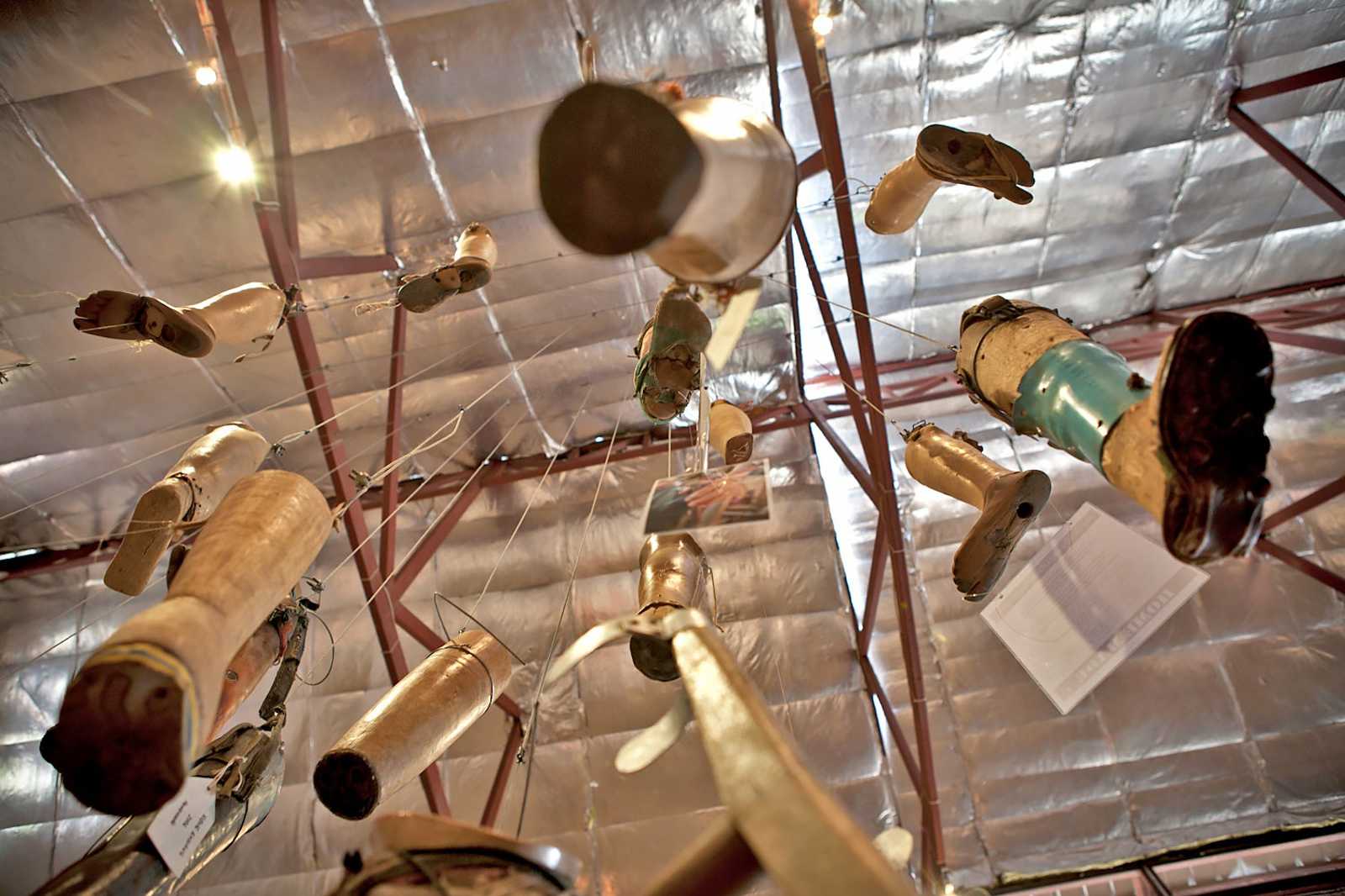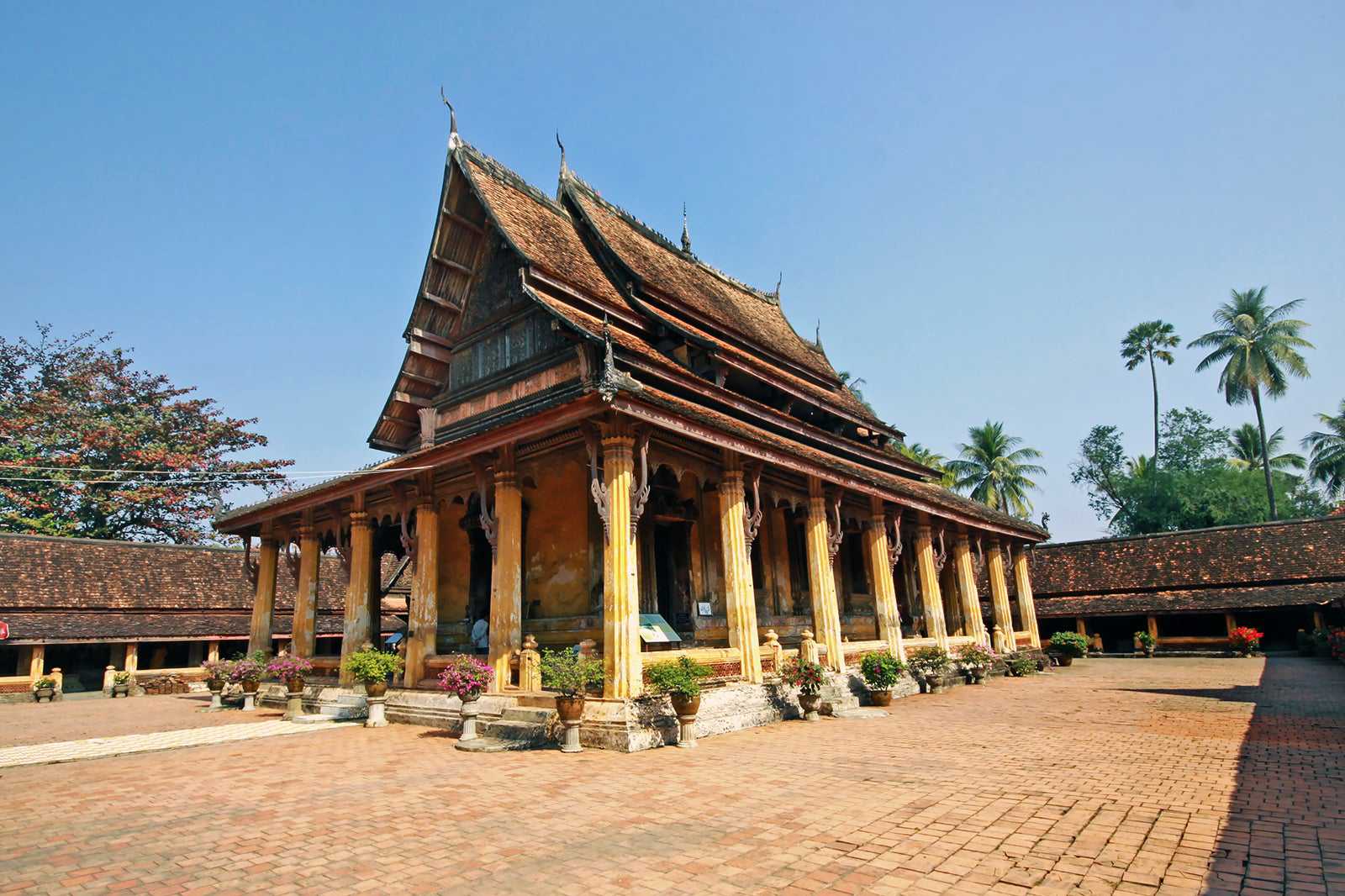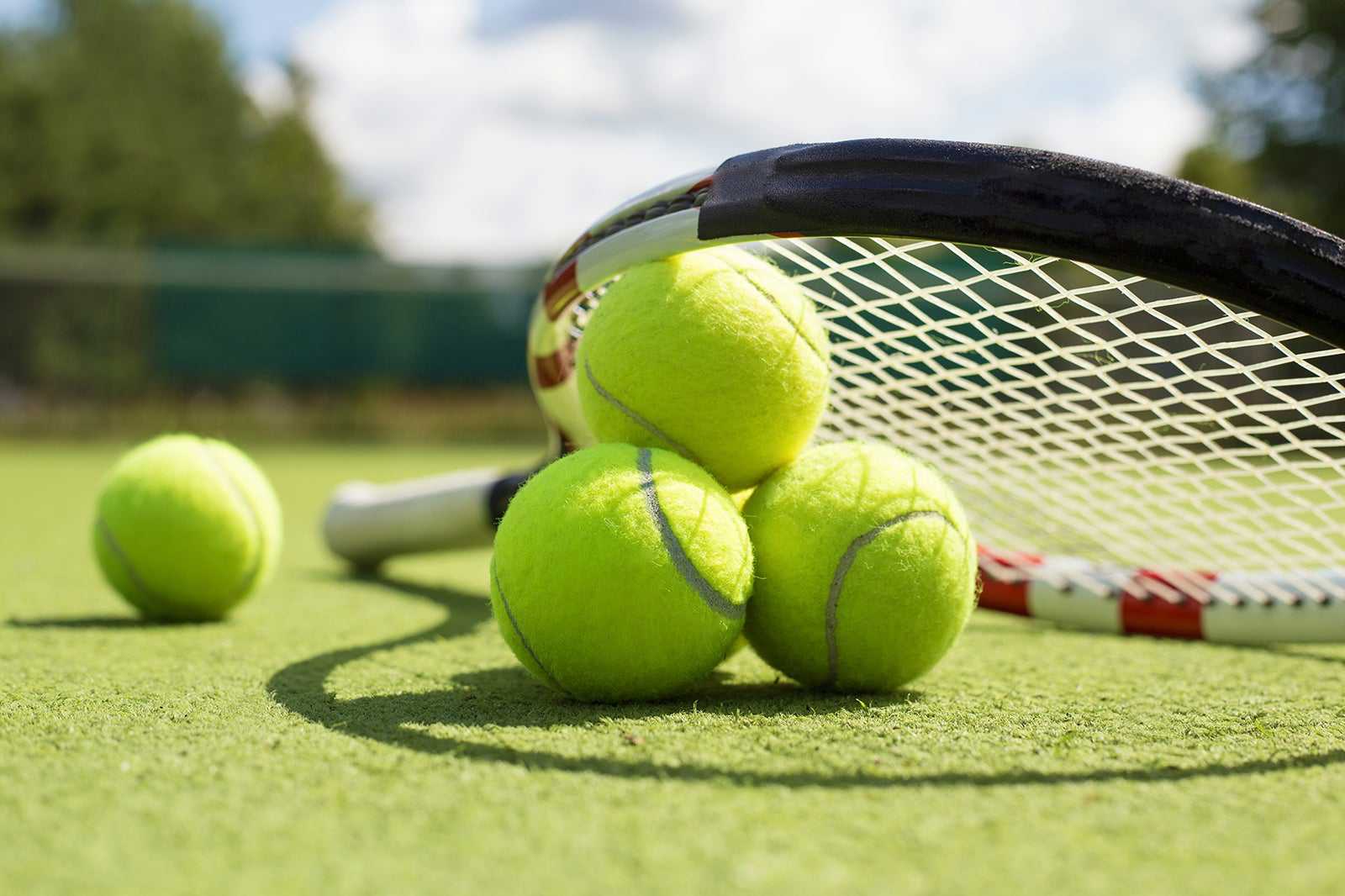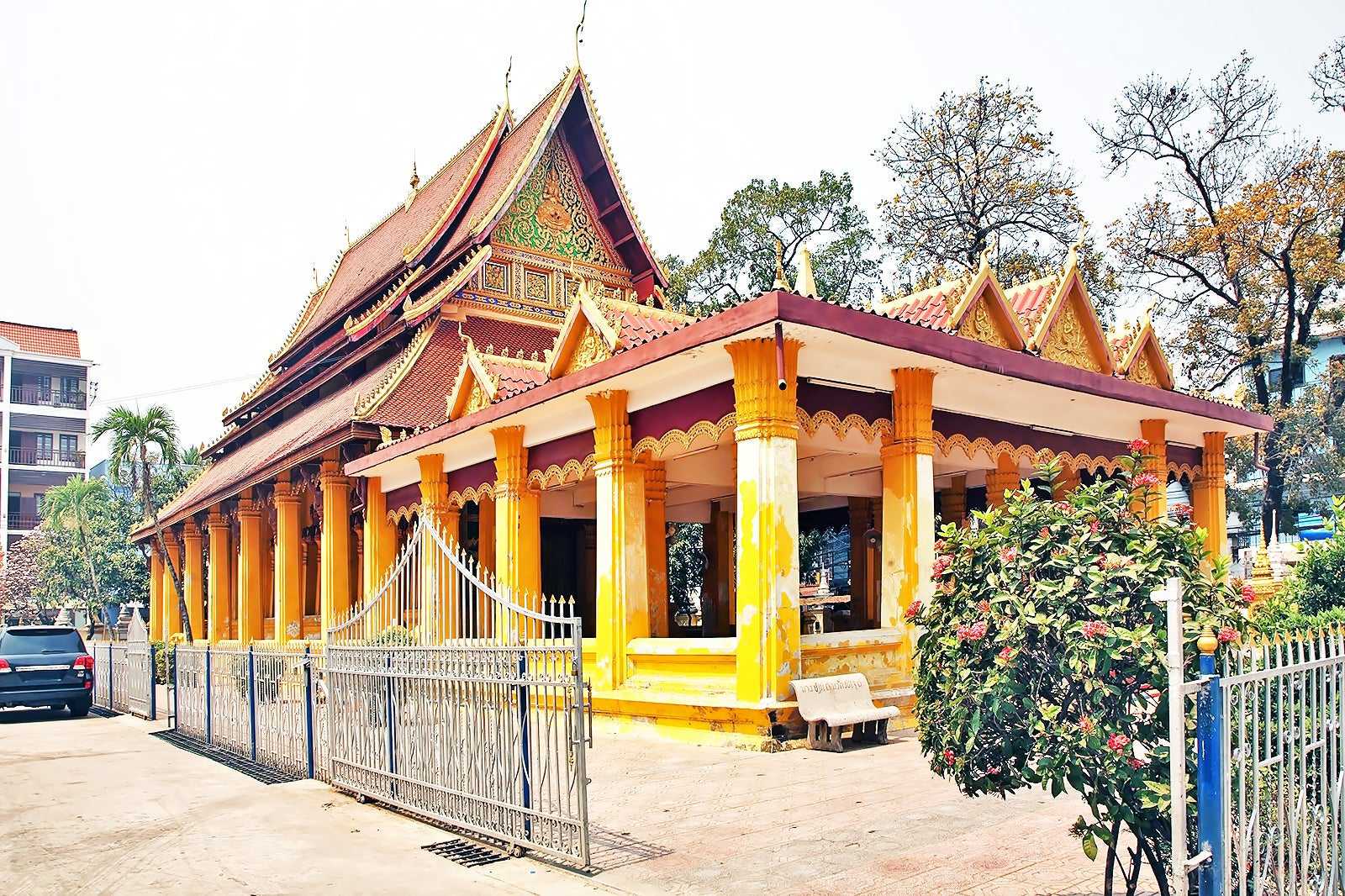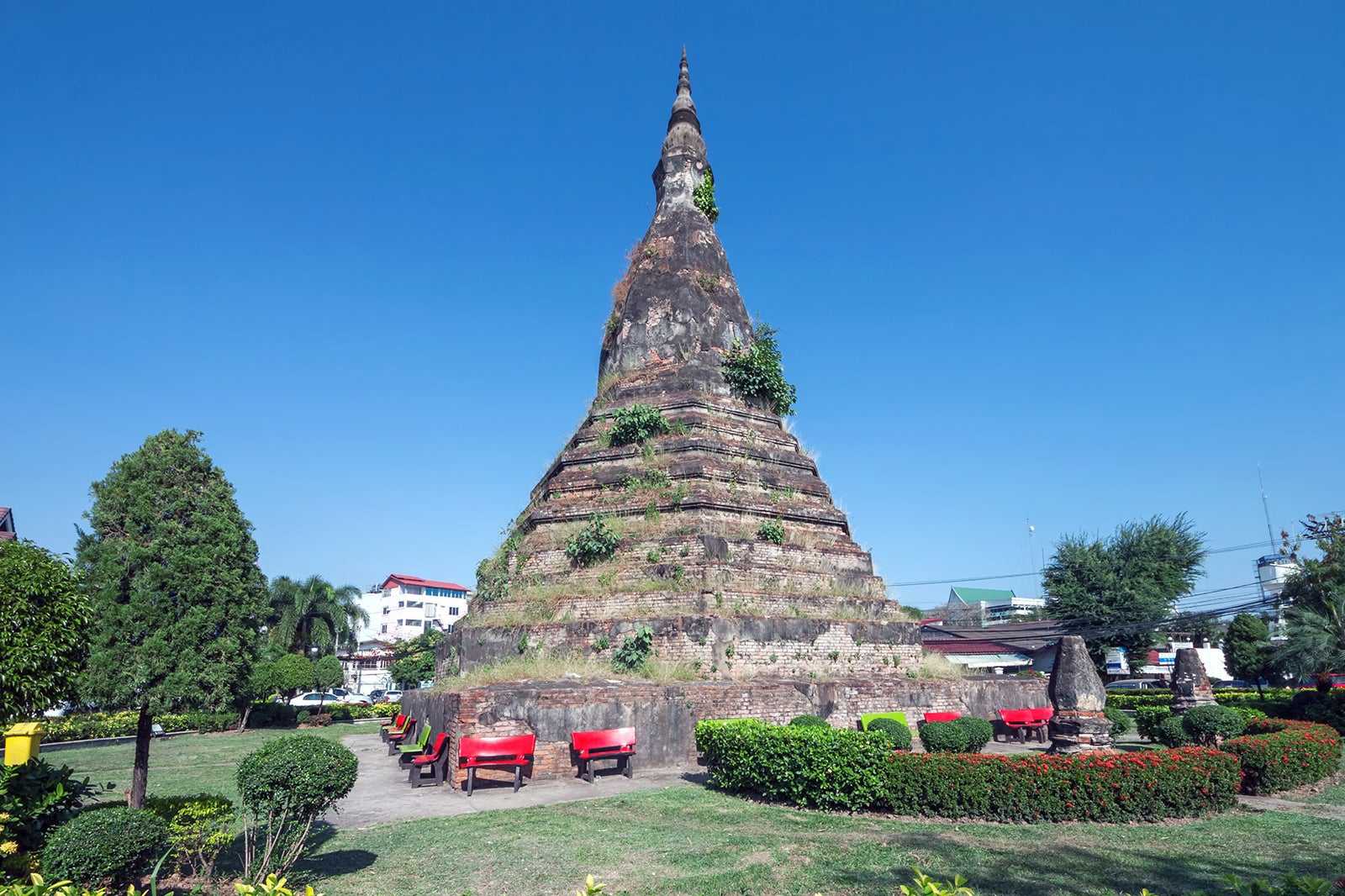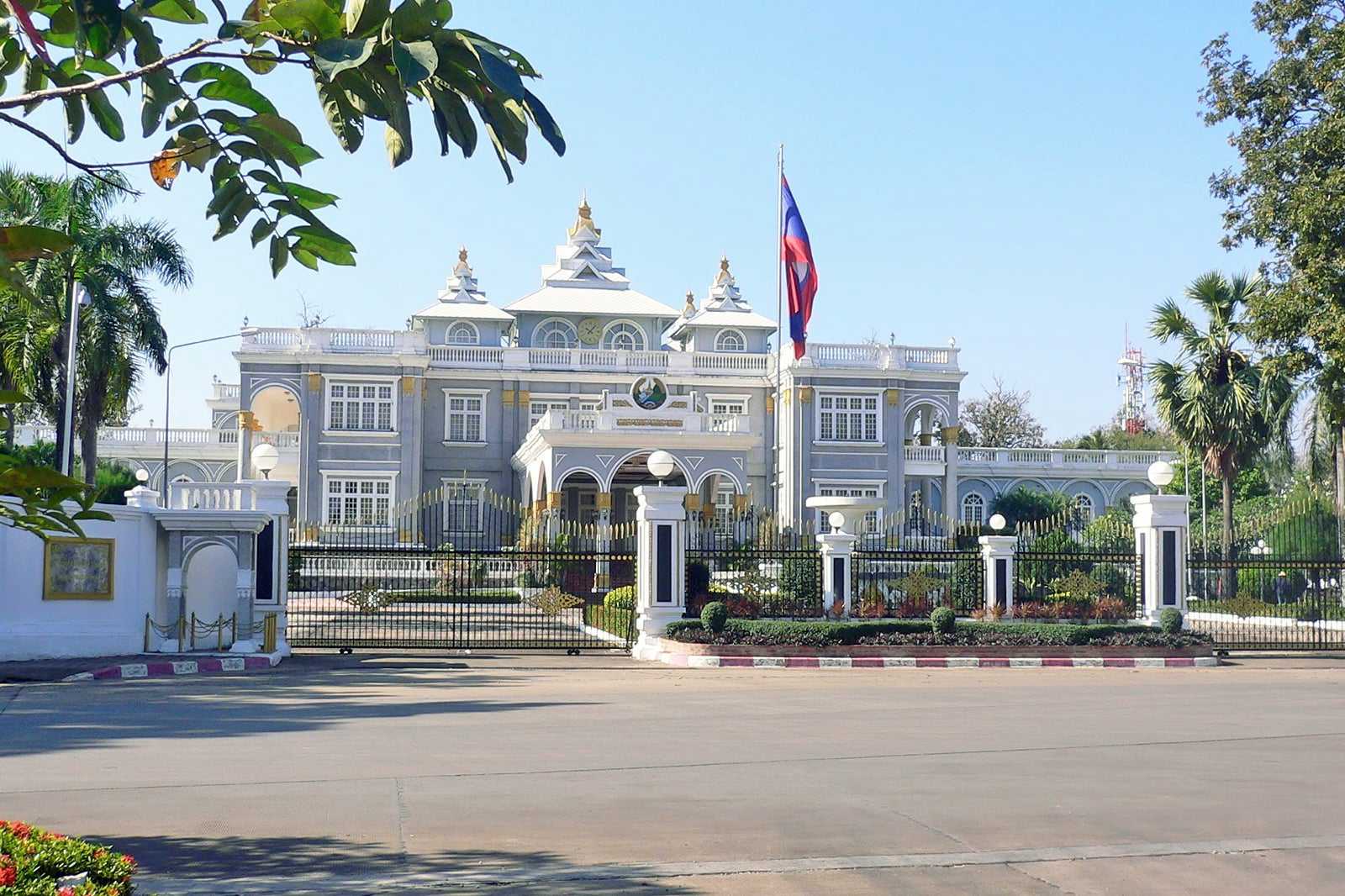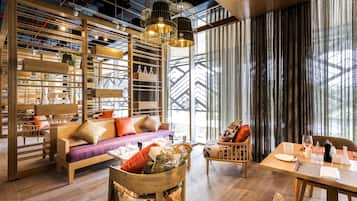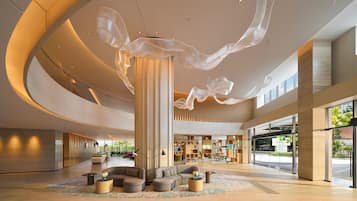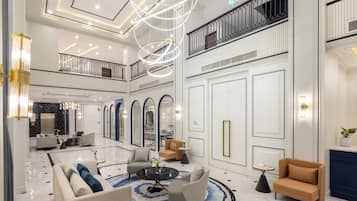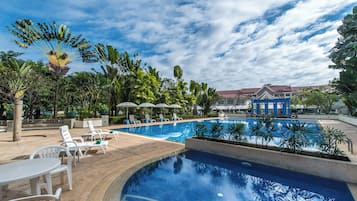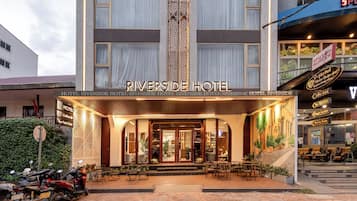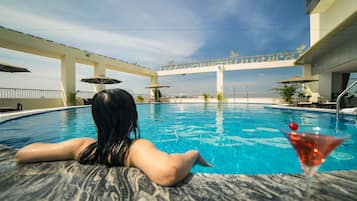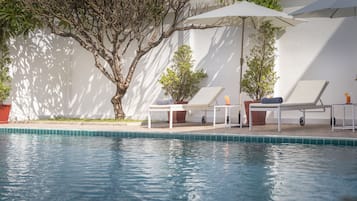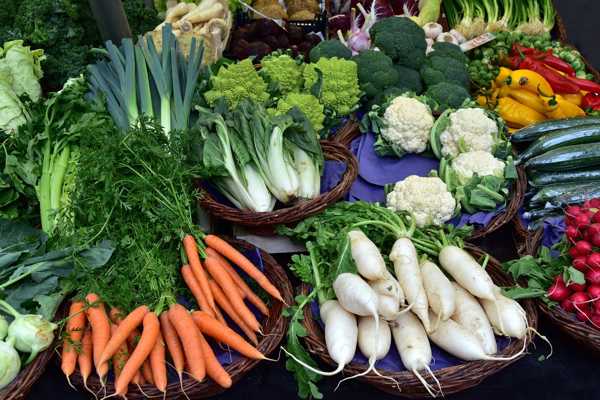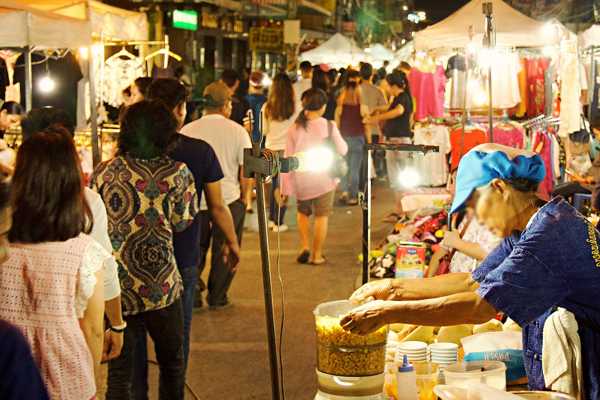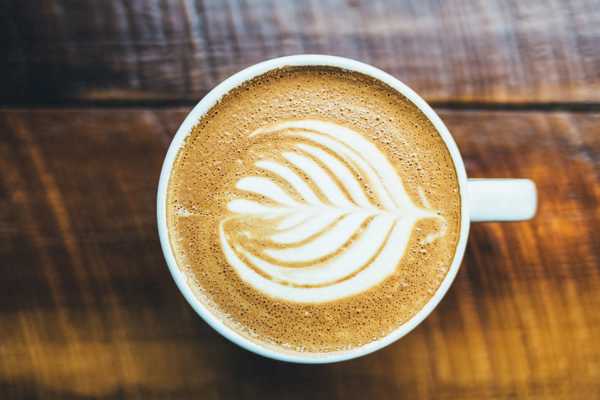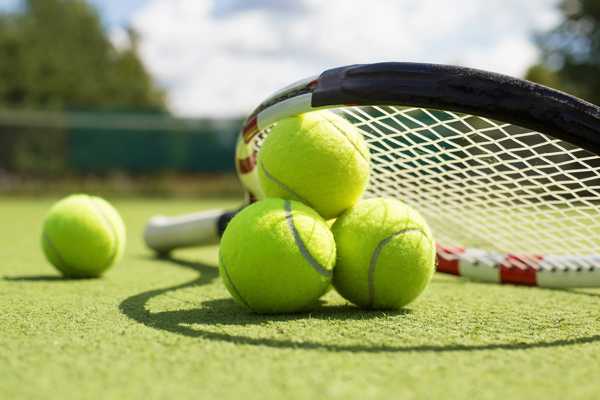Vientiane is known for its laidback atmosphere and it's true that life moves slowly here, attracting those who enjoy a peaceful, relaxed vibe. Exploring centuries-old Buddhist temples is one of the most popular things to do in the Lao capital, which you can do on foot, bicycle or tuk-tuk.
Quirky markets sit next to the Mekong River, while colonial buildings are often museums displaying thousands of artefacts dating back to prehistoric times. Grab your camera, hit the streets, and you’re bound to find a host of interesting sights in Vientiane.
What are the best things to do in Vientiane?
- Budget
- Couples
- Families
- Photo
Read moreBuddha Park (Xieng Khuan) is an open-air sculpture park with giant sculptures of Buddha and Hindu deities. Located 25km southeast of Vientiane, the park was founded in 1958 by monk and sculpture artist, Bunleua Sulila.
The statues are as impressive in size as they are in detail. Standouts at Buddha Park include a 40-metre reclining Buddha, Indra (a Hindu god) a 2-headed elephant, and a 4-armed deity riding a horse. To get to Buddha Park, there’s a bus (#14) departing from Talat Sao Bus Station every 40 mins.
Location: Deua, Thanon Tha, Vientiane, Laos
Open: Daily from 8am to 5pm
Mapphoto by GuillaumeG (CC BY-SA 3.0) modified
- History
- Photo
Read morePha That Luang is a sacred monument and one of Laos’ most impressive religious structures. Its foundation dates back to the 3rd century, but the current structure was built in 1566 after Vientiane became the capital of Laos.
Standing at 44 metres, Pha That Luang has a pinnacle covered in real gold, with a set of painted turrets surrounding its central stupa. Located 4 km northeast of central Vientiane, it’s easily reachable by tuk-tuk or bicycle (which you can rent from most guesthouses in the city).
Location: Vientiane, Laos
Open: 24/7
Map- History
- Photo
Read moreThe Patuxai Victory Gate is a massive concrete arch on Lang Xang Avenue. Reminiscent of the Arc de Triomphe in Paris, it features Buddhist symbols and Hindu deities, with 5 ornate towers built in traditional Laotian style.
The monument is surrounded by Patuxai Park, which makes for a pleasant evening stroll in Vientiane. For about 5,000 kip, you can climb a spiral stairway to the tower’s observation deck – it offers stunning city views, particularly at sunset.
Location: Lang Xang Avenue, Vientiane, Laos
Open: Monday–Friday from 8am to 4.30pm, Saturday–Sunday from 8am to 5pm
Map- History
- Photo
Read moreHo Phra Keo (or Haw Phra Kaew) is a former Buddhist shrine dating back to 1565 – today, it serves as a museum of religious arts in Vientiane. Locals call it ‘the Temple of the Emerald Buddha’ as Ho Phra Keo has a gilded throne meant for the Emerald Buddha, which now sits on the grounds of Bangkok’s Grand Palace. You can see displays of Buddha statues on the terrace, and 6th-century stone sculptures at the main ordination hall.
Location: Setthathirath Road, Vientiane, Laos
Open: Daily from 8am to 12pm and from 1pm to 4pm
Mapphoto by Dan Searle (CC BY-SA 2.0) modified
- History
Read moreWat Si Muang is a Khmer temple with a fascinating legend that still holds great significance among the Laotian community. The gold and red structure was built in 1563 during the reign of King Setthathirat – the temple’s name comes from a young woman, Si Muang, who sacrificed herself over 400 years ago to appease angry spirits. Wat Si Muang serves the local Buddhist community, and has several stalls at the entrance selling bananas, coconuts, flowers, incense and candles for offerings.
Location: Vientiane, Laos
Open: Daily from 6am to 7pm
Mapphoto by Gerd Eichmann (CC BY-SA 4.0) modified
- History
Read moreThe Cooperative Orthotic and Prosthetic Enterprise (COPE) is a charity organisation that provides treatment and rehabilitation programmes for Laotian people with physical disabilities. Many patients suffer injuries from hidden explosives scattered throughout the countryside as a result of the Vietnam War.
COPE has 5 rehabilitation centres across 8 provinces in Laos, so that victims – mostly children – living in rural areas have access to this crucial healthcare centre. You can learn more about COPE’s mission through various exhibitions and documentary films showcased in the centre. You can also see how prosthetic limbs are made at the onsite workshop.
Location: Khouvieng Road, Vientiane, Laos
Open: Daily from 9am to 6pm
Phone: +856 21 241 972
Mapphoto by Department of Foreign Affairs and Trade (CC BY 2.0) modified
- Families
- History
- Photo
Read moreWat Si Saket is the only temple in Laos that survived the Siamese occupation, which destroyed much of the capital in 1828. It features over 10,000 Buddha sculptures of varying sizes and styles – the sim (ordination hall) holds 7,000 images and a wooden serpent-shaped trough that’s used during the Lao New Year. Wat Si Saket stands majestically on Lan Xang Road, northwest of Haw Phra Kaew. Entrance to the temple costs around 5,000 kip per person.
Location: Lan Xang Road, Vientiane, Laos
Open: Daily from 8am to 12pm and from 1pm to 4pm
Map- 8
Laos National Cultural Hall
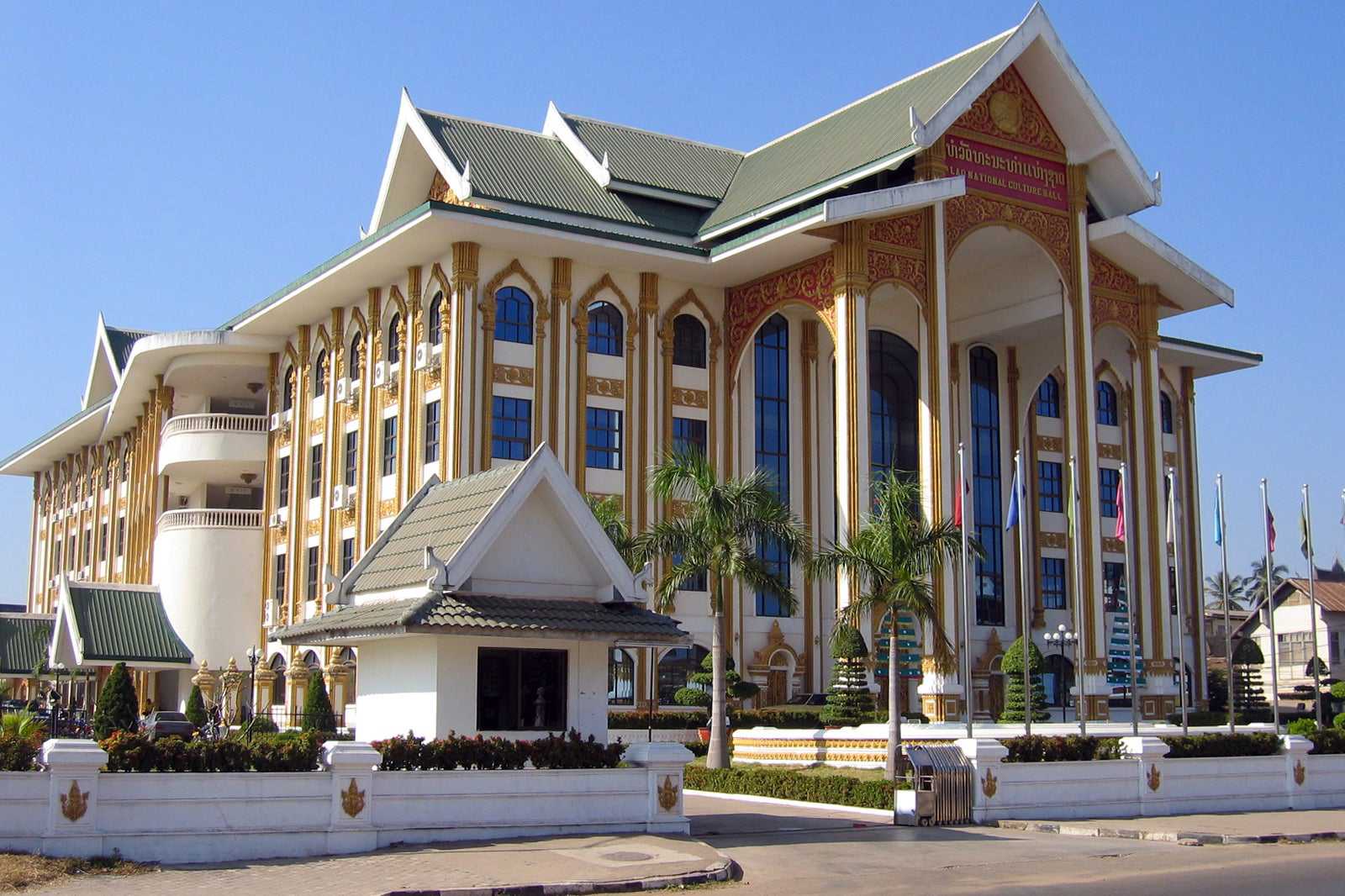
- Couples
- Families
- History
- Photo
The Lao National Cultural Hall showcases classical performances and French films in central Vientiane. The large building has traditional Lao architecture, with white-and-gold accents and intricate carvings of Buddhist symbols. Located on Nokeokoummane Road, the Lao National Cultural Hall also hosts modern events, such as car shows and kid-friendly activities from time to time.
Location: Nokeokoummane Road, Vientiane, Laos
Open: Daily from 8am to 5pm (hours vary)
Mapphoto by Grossbildjaeger (CC BY-SA 3.0) modified
- 9
Vientiane Night Market
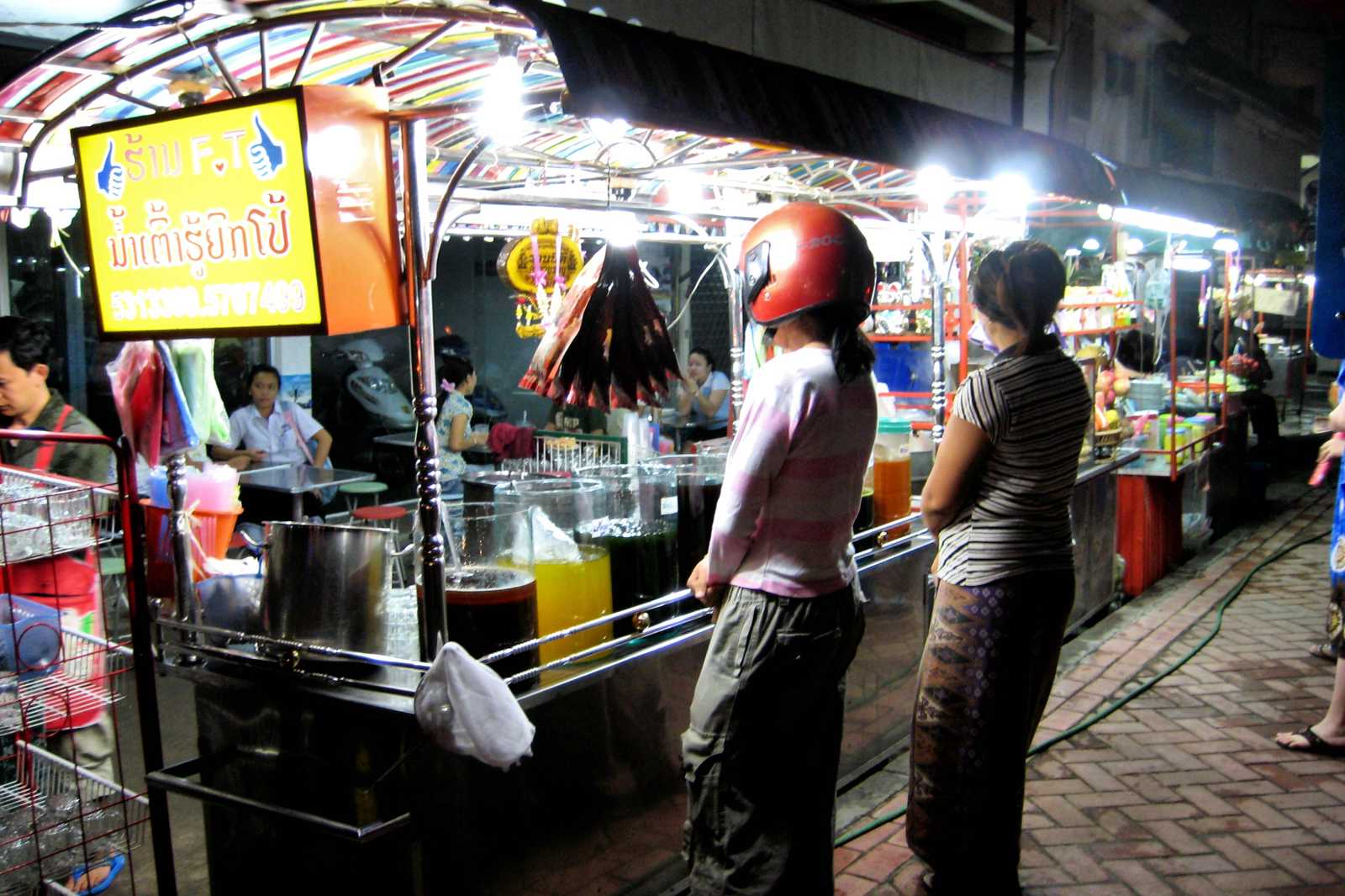
- Nightlife
- Shoppers
The Vientiane Night Market takes place along the Mekong Riverfront, where you can see rows of red-roofed stalls selling handicraft, clothes, and electronics. Vendors begin to set up their stalls around sunset – the market is busiest around 8pm, so head there early to avoid a large crowd. The Vientiane Night Market is well worth a visit in the evening for its gorgeous sunset alone, as well as the many street food stalls selling authentic Lao dishes.
Location: Mekong Riverfront, Vientiane, Laos
Open: Daily from 6pm to 9.30pm
Mapphoto by Francisco Anzola (CC BY-SA 2.0) modified
- Couples
- Single
Read moreGetting a massage in Vientiane is one of the best things to do after a day of sightseeing. Lao-style massage is a combination of Swedish and Thai acupressure using essential oils – it’s usually gentler than traditional Thai massage, making it popular with those with a low pain threshold. You can choose from luxury hotel spas to standalone outlets in central Vientiane. Both options usually result in an invigorating experience.
- 11
Meditation at Wat Sok Pa Luang
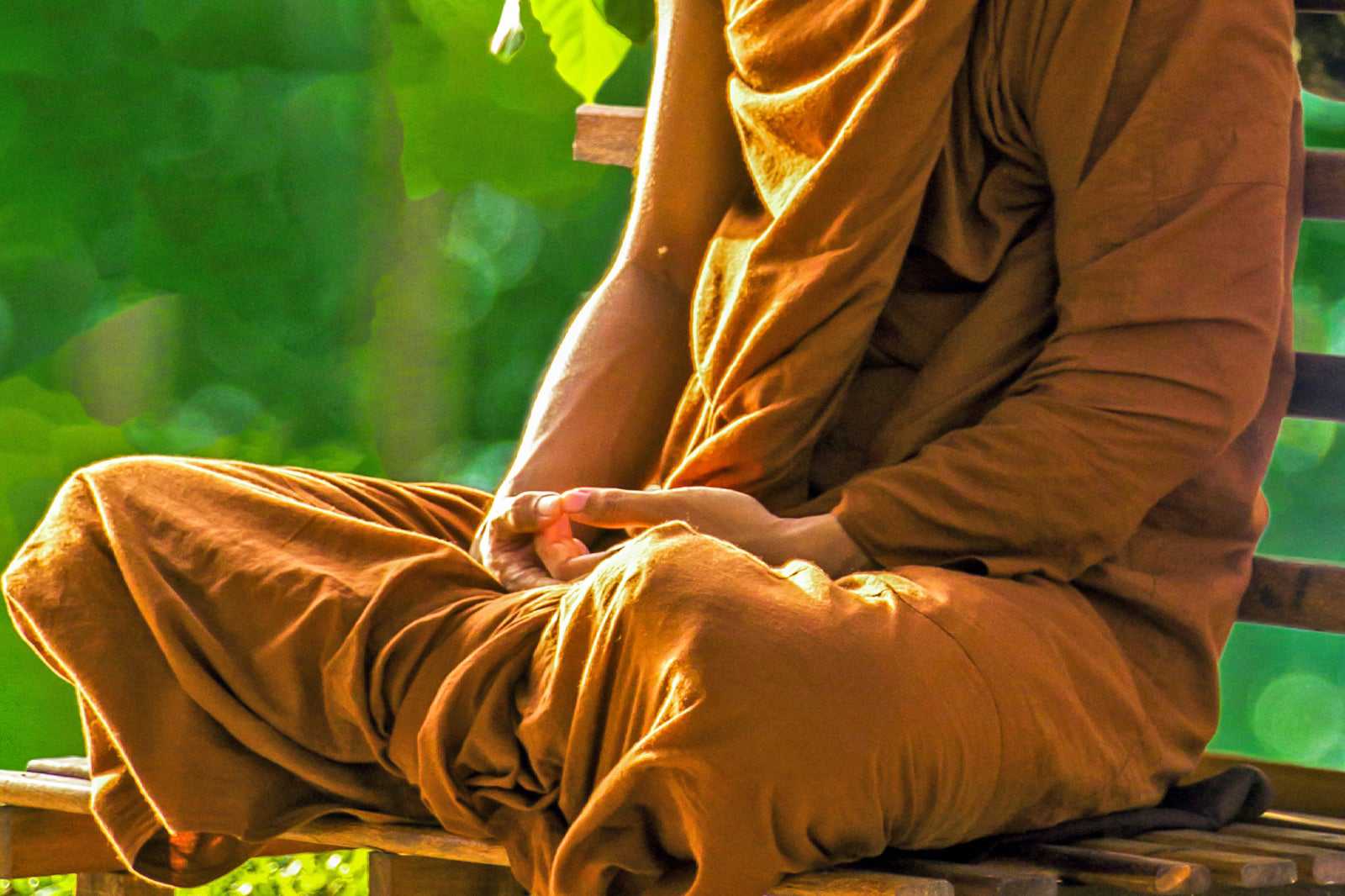
Novice monks lead a walking and sitting meditation session at Wat Sok Pa Luang on Saturday afternoons. It takes place at an open-air pavilion at 3pm – the 1st hour is an ice-breaking session with English-speaking monks, before diving into an hour of mediation. Everyone is welcome and it’s free of charge. If you’re looking to deepen your practice, intensive Vipassana meditation workshops take place twice a year at Wat Sok Pa Luang.
Location: Khuvieng Road, Sokpaluang Village, Sesatanak District, Vientiane, Laos
Map - Group
Read moreThe Chao Anouvong Tennis Club is part of the Lao National Stadium in central Vientiane. There’s a main tennis centre that seats 2,000 people, and 6 smaller tennis courts that are open during evenings. If you’re looking to keep up with your fitness routine in the Lao capital, you can rent a court for about 30,000 kip and 35,000 kip for 2 rackets and shuttlecocks. There’s also a small kiosk selling bottled drinks and snacks.
Location: Lao National Stadium, Vientiane, Laos
Open: Daily from 4pm to 10pm
Phone: +856 21 560 006
Map- 13
Lao Bowling Centre
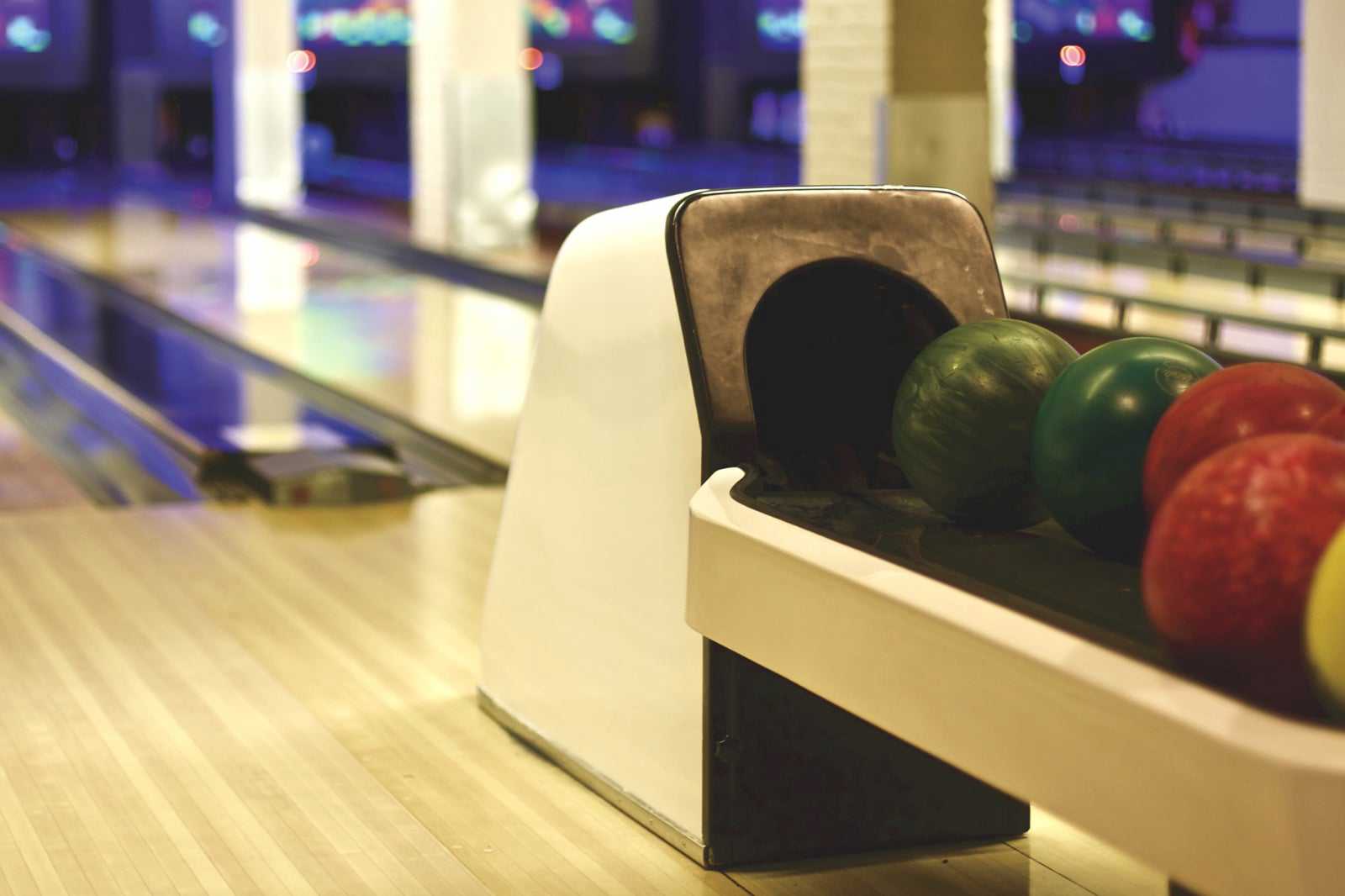
- Adventure
- Nightlife
Lao Bowling Centre is where locals enjoy a night out with loud music, cold beer, and a few rounds of bowling. Sure, the balls are a little chipped, the scoreboard is temperamental, and instructions are somehow in Spanish, but the 10-lane bowling alley is one of the few places in Vientiane that stays open past midnight. It costs around 11,000 kip with shoe hire – bring your own socks – or you can even follow the locals by playing barefoot!
Location: Rue Le Ky Huong, Vientiane 0100, Laos
Open: Daily from 9am to 2am
Map - Shoppers
Read moreHouey Hong Centre provides vocational training (weaving, dyeing and tailoring) for women from rural areas across Laos. Located 7km of central Vientiane, this non-profit centre has an office and retail shop, conference room, tailoring and weaving rooms, a dyeing and stock area, cooking facilities, and a dormitory. You can learn how to make traditional crafts and silk scarves by joining half- or full-day workshops at Houey Hong Centre.
Location: Houey Hong Village (Ban Hoeuy Hong), Vientiane, Laos
Open: Monday–Saturday from 8am to 12pm and from 1.30pm to 4.30pm (closed on Sundays)
Phone: +856 21 560 006
Map- 15
Wat Mixai
Buddhist Temple in Vientiane
- History
- Photo
Read moreWat Mixai, or the Temple of Victory, was built during the reign of King Sai Setthathirat (1550-1571) to celebrate the victory of the Lao-Burma war. It was renovated in the early 1900s and built in a style that’s similar to Buddhist temples in Thailand.
Wat Mixai’s name was inspired by the victory of Buddha over the distracting demon Mara, who was sent to test his fortitude on the eve of his enlightenment. The temple grounds feature several small stupas and sculptures of mythical creatures. Its main hall has a large statue of Buddha, with imposing columns decorated in red and gold and ceiling mural depicting his life.
Location: Setthathilath Road, Vientiane, Laos
Map - 16
That Dam (Black Stupa)
Vientiane Attractions
- History
Read moreThat Dam is a 16th-century Buddhist stupa in central Vientiane. Also known as the Black Stupa, it’s located on a quiet roundabout not far from Talat Sao (morning market) and the American Embassy.
Locals believe that a 7-headed water serpent – Naga – lived here to protect the stupa, which was once covered in pure gold. During the Siamese-Laotian war in the late-1820s, the gold was pillaged and taken to Siam, now Thailand, leaving the legacy that is the black stupa today.
Location: Chantha Khoumane Road, Vientiane, Laos
Map - 17
The Presidential Palace of Vientiane
Vientiane Attractions
- History
- Photo
Read moreThe elegant Presidential Palace of Vientiane dates back to 1973, serving as the royal residence of the Royal Lao government. Designed by local architect Khamphoung Phonekeo, the building was only completed and opened in 1986 due to the political change and takeover of Pathet Lao in 1975.
The Presidential Palace became the venue for government functions and ceremonies. While closed to the public, it usually attracts photographers with its imposing but elegant Beaux-Arts architecture, tall colonnades, shaded balconies, and wrought-iron gates.
Location: Settathirath Road, Vientiane, Laos
Map
